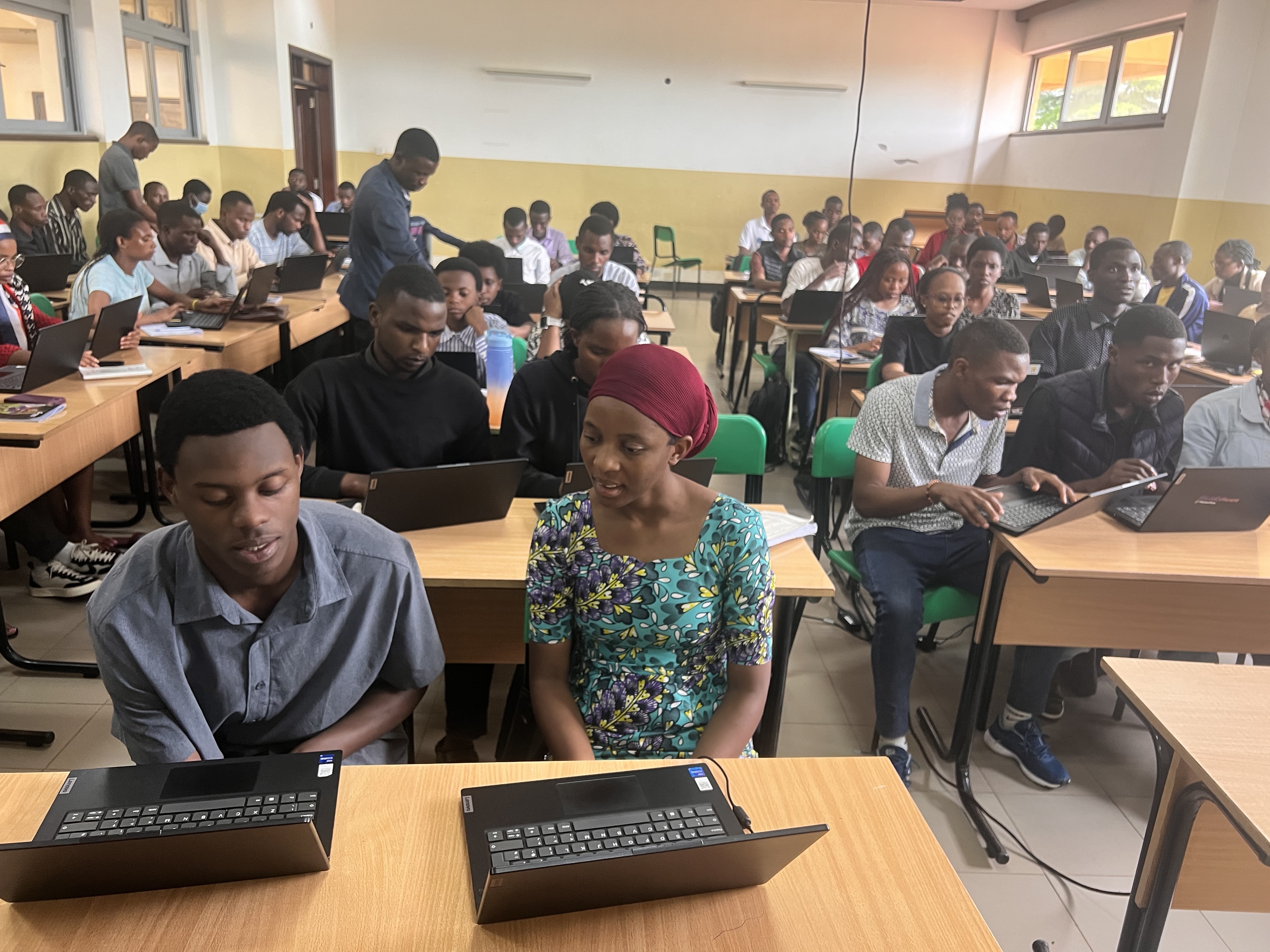
In today’s data-driven world, proficiency in Structured Query Language (SQL) is an essential skill for any aspiring data analyst or statistician. Recognizing the growing need for SQL expertise, I, alongside my esteemed co-facilitators, had the privilege of conducting a comprehensive SQL training for the Applied Statistics Students Association. Over six immersive days, we guided students through the fundamentals of SQL, advanced querying techniques, and real-world data manipulation strategies to equip them with practical skills for the ever-evolving field of data analysis.
A deep dive into SQL learning
The training commenced with an introduction to the foundational concepts of databases and SQL, ensuring that participants developed a strong understanding of database structures, business rules in data modeling, and the importance of structured data storage. From the very first session, students engaged in hands-on learning, setting up SQL environments and executing basic queries to retrieve and manipulate data efficiently.
As the training progressed, we explored more advanced topics such as multi-table queries, aggregations, and subqueries. These are crucial techniques that enable analysts to derive meaningful insights from large datasets. Students learned how to efficiently combine data from multiple tables using JOIN operations, apply GROUP BY for summarizing data, and utilize subqueries for intricate filtering and nested queries.
Beyond just retrieving data, we also focused on data manipulation, covering essential commands like INSERT, UPDATE, and DELETE. Maintaining data integrity was a core part of our discussion, as we introduced participants to database transactions and the ACID (Atomicity, Consistency, Isolation, Durability) properties that govern reliable database operations. Additionally, we discussed the role of indexes and constraints in optimizing database performance and ensuring efficient data retrieval.
To reinforce these concepts, an entire day was dedicated to hands-on exercises, allowing participants to apply what they had learned in a controlled environment. The self-guided session encouraged problem-solving, troubleshooting, and independent query development—an essential skill set for any aspiring database professional.
We then transitioned to more advanced SQL techniques, introducing students to powerful functions such as window functions, Common Table Expressions (CTEs), and CASE statements. These are invaluable tools in modern data analysis, allowing for complex calculations, ranking operations, and conditional logic within SQL queries. By the time we reached the final day of training, participants were well-equipped to tackle a real-world SQL problem as part of a culminating project, showcasing their ability to structure and execute complex queries efficiently.
Assessing impact and continuous improvement
To ensure the effectiveness of the training, evaluations were conducted at the end of each session. These assessments measured participants’ understanding and provided valuable insights into areas where improvements could be made. The feedback was overwhelmingly positive, with students appreciating the practical approach, real-world applications, and interactive exercises. Some suggestions included incorporating more case studies and extending hands-on practice sessions—valuable input that will shape future training programs.
The road ahead
This SQL training was more than just an educational initiative—it was a stepping stone for students to build confidence in data handling and analysis. Seeing participants engage actively, ask insightful questions, and apply their newfound skills was immensely rewarding. The enthusiasm and dedication displayed by the students reaffirm the importance of equipping the next generation with technical expertise in data analytics.
As facilitators, we are excited about the future and look forward to more opportunities to share knowledge and mentor aspiring data professionals. The world runs on data, and with the right skills, these students are well on their way to making a meaningful impact in the field of statistics and analytics.
If you’re interested in similar training sessions or mentorship opportunities, feel free to reach out. Let’s continue empowering the next generation of data professionals together!